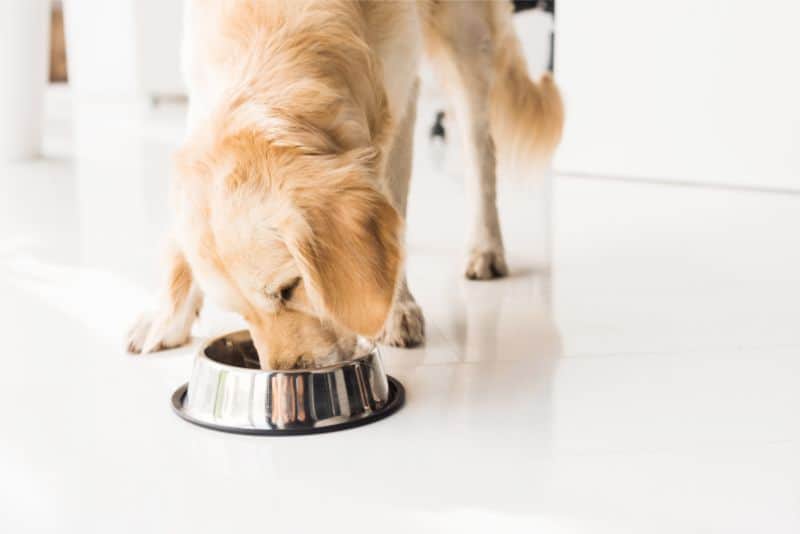Kibble Questions: Understanding Pet Nutrition

It’s been said that, “You are what you eat.” Sure, we pour kibble into the bowl each morning and night, but have you ever thought much about your pet’s nutritional needs, or what goes into formulating the right ingredients for your cat, dog, or other pet?
Quality nutrition is one of the biggest factors in keeping your pet vital and healthy. The team at Bowman Veterinary Hospital believe that choosing the right food and adhering to a sound diet for your pet is key to a good life. Let’s explore what pet nutrition is all about.
Basics of Pet Nutrition
In order for your pet to be healthy, there are some basic components of a complete diet. These include:
Protein: Proteins give cats and dogs essential amino acids, including taurine. Cats require more than twice as much protein in their diet than dogs, since they are obligate carnivores; but cats and dogs both need protein. Protein comes mostly from animal sources, such as fish, beef, and poultry.
Fats: Fats are the driving force and give the body energy to get through the day. Fats, in fact, should be the most concentrated source of nutrition in your pet’s diet. Healthy fats contain vitamins K, D, A, and E, which are sources of essential fatty acids and are necessary for cell development and function. Commercial diet fats typically come from animal fats and seed oils.
Carbohydrates: While there is some misgivings about diets high in carbohydrates (mostly due to the popularity of grain-free and low carb diets among humans), carbs are necessary for all animals for energy. Carbohydrates provide fiber for good digestion. Carbohydrates can be obtained through grains, such as wheat, corn, and soy.
Vitamins: These are the powerhouses of nutrition and include fat soluble vitamins that necessitate metabolism.
Minerals: Minerals are also important in a balanced diet and include calcium, phoseperus, sodium, magnesium, and so forth. The amount of minerals in a commercial diet is formulated for species, breed, age, and size. Too much of any mineral can cause problems or toxicity, which is why commercial diets take care of these needs without supplementing.
Water: Last but not least, moisture is important for both cats and dogs. Many cat owners choose a wet diet over dry to ensure their felines are getting enough water in their diet. Water must be available at all times for pets. We recommend several bowls of clean water, as well as water fountain type dispensers, which cats prefer.
Many pet owners wonder if they should give their pets supplements. If your pet eats a diet that is formulated to meet the Association of American Feed Control Officials (AAFCO), which is on the label, then they don’t (in most cases). Adding extra vitamins and minerals can actually cause harm if they receive too much of any of these.
Pet owners often have questions about gourmet and grain-free diets, and whether or not they can benefit pets. Before switching to any new products, we suggest consulting your veterinarian. They will assess your pet’s health, lifestyle, and preferences to suggest the perfect diet for your fur friend.
If we can answer any questions about pet nutrition, or if you would like to schedule an appointment, please call.


